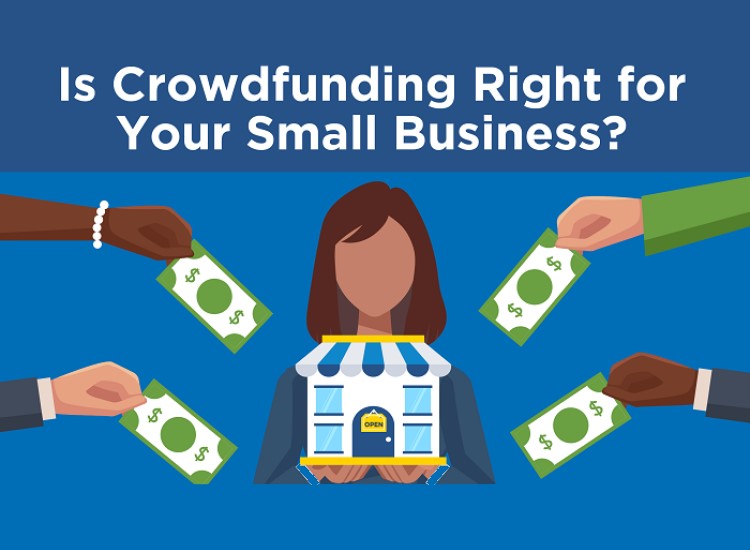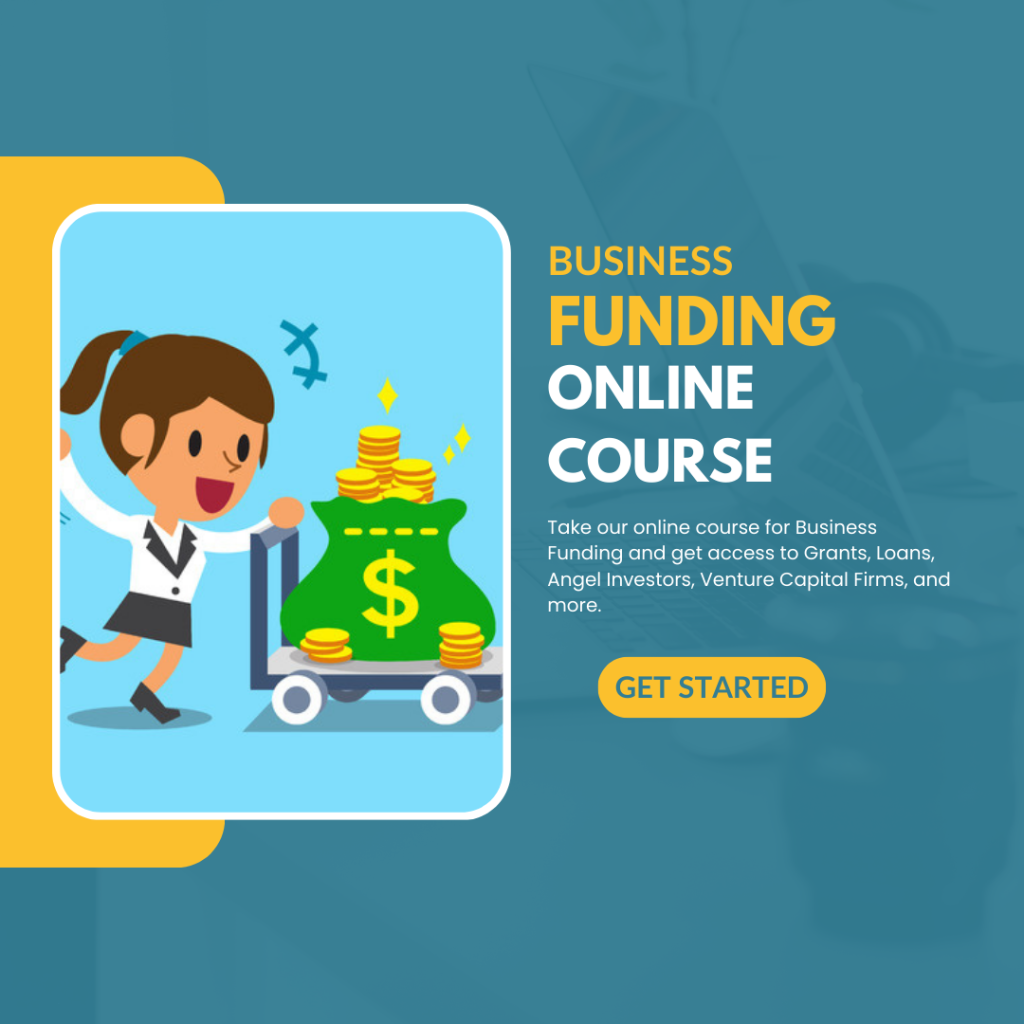 Crowdfunding has become an essential tool for entrepreneurs seeking to raise capital and bring their ideas to life. It offers a unique way to connect directly with potential customers while securing funding. With the right approach, you can test market demand, gather valuable feedback, and refine your product early on. The impact of crowdfunding on entrepreneurial success cannot be overlooked, as many startups now use it to bypass traditional investors.
Crowdfunding has become an essential tool for entrepreneurs seeking to raise capital and bring their ideas to life. It offers a unique way to connect directly with potential customers while securing funding. With the right approach, you can test market demand, gather valuable feedback, and refine your product early on. The impact of crowdfunding on entrepreneurial success cannot be overlooked, as many startups now use it to bypass traditional investors.
As crowdfunding continues to grow, its influence on the startup ecosystem will only expand. Understanding how to navigate this process is key to achieving your business goals.
Introduction to Crowdfunding: How It Works and Its Evolution
Crowdfunding has become a widely-used method for startups to raise capital, offering a way to bypass traditional funding sources. Several crowdfunding models exist, each catering to different needs. Reward-based crowdfunding allows entrepreneurs to offer incentives in exchange for financial backing, such as pre-ordering products. Equity-based crowdfunding gives backers ownership stakes in the company. Donation-based crowdfunding, meanwhile, relies on supporters contributing funds without expecting a return.
Over the past decade, crowdfunding has evolved into a powerful tool for entrepreneurs. Platforms like Kickstarter and Indiegogo gained popularity by providing accessible, low-risk ways to gather financial support. Originally popular with creative projects, crowdfunding is now used across various industries, from tech startups to social enterprises. Its rapid rise can be attributed to the democratization of capital and the direct connection between creators and their audience.
The impact of crowdfunding on entrepreneurial success has been significant. Entrepreneurs can now test their ideas in the market, engage early customers, and raise necessary funds without giving up control. This shift has empowered small businesses and startups to grow, without relying solely on venture capital or bank loans.
Advantages of Crowdfunding for Entrepreneurs
Crowdfunding offers entrepreneurs access to capital without the need for traditional funding sources like banks or venture capital. This is particularly beneficial for startups, as they often struggle to secure early funding. With crowdfunding, you can raise money directly from backers who believe in your product or vision, helping you overcome financial hurdles.
Another advantage of crowdfunding is the ability to validate your product or idea before fully launching it. Early customer interest provides valuable feedback, helping you refine your offering. If backers show strong support during your campaign, it’s a good indicator that your product may succeed in the market. This market validation reduces the risk of investing in a product that may not resonate with customers.
Crowdfunding also allows you to build a community of supporters even before you officially launch. Backers often become your first customers and advocates, helping to spread the word about your brand. The impact of crowdfunding on entrepreneurial success extends beyond just funding. It creates early engagement with an audience, which can lead to long-term customer loyalty and brand awareness.
Challenges and Risks of Crowdfunding
Crowdfunding offers many opportunities, but it also comes with challenges. One major challenge is managing campaign logistics and meeting funding goals. Campaigns require detailed planning, including creating engaging content and setting realistic funding targets. You need to allocate time and resources to manage updates, marketing, and communication with backers. Failing to reach your goal means you may not receive any funds, especially on platforms with all-or-nothing models.
Fulfillment risks can also create significant hurdles. Once you secure funding, you must deliver on your promises to backers. Delays or issues in production can harm your reputation and lose backer trust. Managing expectations and keeping your supporters informed is essential to maintaining credibility. Fulfilling rewards, particularly physical products, often involves costs that can exceed original estimates.
There are also legal and financial implications to consider in crowdfunding. You must navigate complex regulations, particularly with equity-based campaigns. These regulations vary by country and can create compliance challenges. The impact of crowdfunding on entrepreneurial success is real, but these risks can negatively affect your business if not carefully managed. Understanding these challenges will help you avoid common pitfalls and create a successful campaign.
The Role of Storytelling and Marketing in Crowdfunding Campaigns
Storytelling plays a vital role in attracting backers to a crowdfunding campaign. A compelling story can create an emotional connection with potential supporters, making them more likely to invest. Your story should clearly communicate the problem your product solves, your motivation for creating it, and the value it brings to people’s lives. By sharing your passion and vision, you can inspire trust and excitement among backers.
Marketing strategies are just as important as your story. Social media is a powerful tool to reach a wider audience and keep your campaign visible. Regular updates and engaging content across platforms like Instagram, Twitter, and Facebook can generate momentum. Influencer outreach can also boost your campaign by giving you access to larger audiences who trust these personalities. Collaborating with influencers in your niche can help create credibility and drive traffic to your campaign.
Successful crowdfunding campaigns offer valuable lessons in storytelling and marketing. The Pebble smartwatch raised millions by combining a clear story with a well-executed social media strategy. Another example is the Exploding Kittens card game, which used humor and influencer partnerships to reach its funding goal. These cases highlight the impact of crowdfunding on entrepreneurial success when strong narratives and effective marketing come together.
Crowdfunding as a Tool for Market Validation and Product Development
Crowdfunding provides a powerful tool for market validation. Entrepreneurs can use crowdfunding to test demand for their products before fully committing to production. By launching a campaign, you gain immediate insights into how your target audience responds to your idea. If people show interest by backing your project, it indicates there is market demand. This early validation can help you reduce risks and also make informed decisions.
Backer feedback also plays a crucial role in product development. Many successful entrepreneurs refine their products based on suggestions or concerns raised by backers. This feedback loop allows you to improve your offering before launching it on a larger scale. Listening to your audience’s needs can lead to better designs, features, or even new ideas you hadn’t considered.
Sometimes, crowdfunding campaigns reveal that a pivot is necessary. If your project isn’t gaining traction or if backer feedback suggests adjustments, you have the opportunity to change course. This flexibility helps entrepreneurs optimize their products and strategies, increasing the chance of future success. The impact of crowdfunding on entrepreneurial success goes beyond funding; it’s an effective way to validate ideas, develop products, as well as pivot based on real-time feedback.
The Future of Crowdfunding and Its Influence on Entrepreneurial Growth
Crowdfunding is likely to continue evolving as technology improves and more entrepreneurs embrace it as a funding source. We may see platforms become more specialized, catering to specific industries or types of projects. This could lead to better-targeted campaigns and stronger communities around each platform. Additionally, new features such as more sophisticated analytics tools could help creators optimize their campaigns for greater success.
The rise of crowdfunding could reshape the traditional venture capital and startup ecosystems. Entrepreneurs who once relied on venture capital may increasingly turn to crowdfunding to retain more control over their business. This shift could reduce the influence of traditional investors and also create more competition in early-stage funding. As a result, startups might explore hybrid models, combining crowdfunding with venture capital to access broader support networks.
The long-term benefits for entrepreneurs who leverage crowdfunding successfully are significant. Beyond raising capital, crowdfunding provides an opportunity to build a dedicated customer base and validate market demand early on. These advantages can lead to sustainable growth as well as continued product development. The impact of crowdfunding on entrepreneurial success is clear, and its influence will likely expand as more businesses use it as a stepping stone toward larger goals.
Conclusion
Crowdfunding has transformed how entrepreneurs raise capital and also connect with their audience. It provides a way to validate ideas, test demand, and gather valuable feedback. As crowdfunding platforms continue to evolve, more entrepreneurs will rely on them to bypass traditional funding sources. The impact of crowdfunding on entrepreneurial success is clear, helping businesses grow while retaining control.
By leveraging this tool, you can build a community of loyal supporters as well as refine your product based on real-time feedback. Crowdfunding will likely remain an essential part of the startup ecosystem, empowering entrepreneurs to launch their ideas and succeed in competitive markets.


